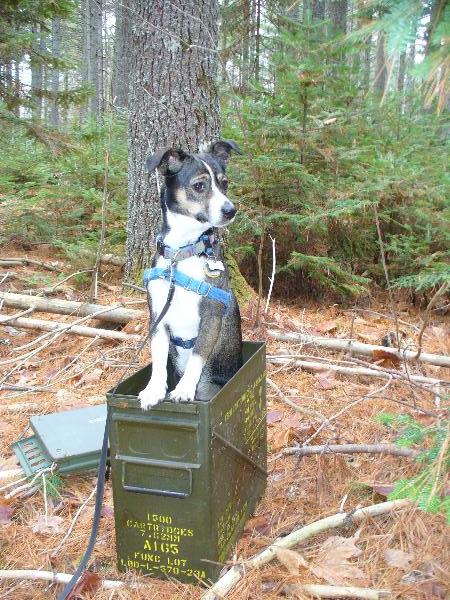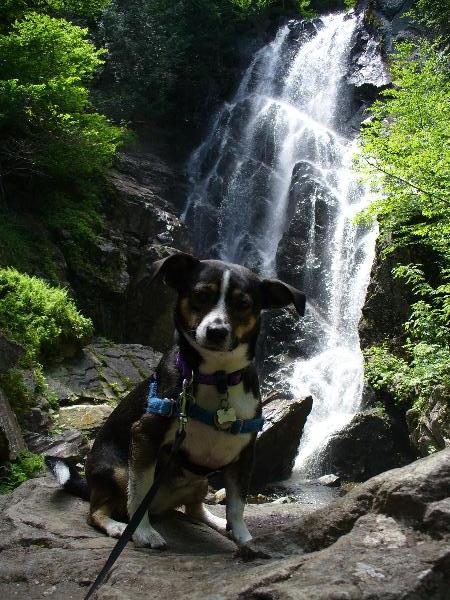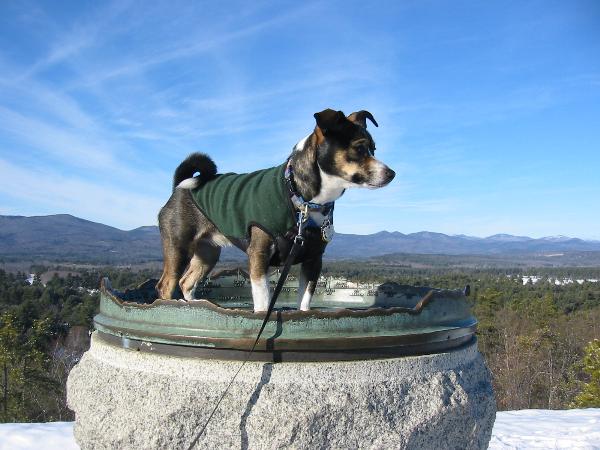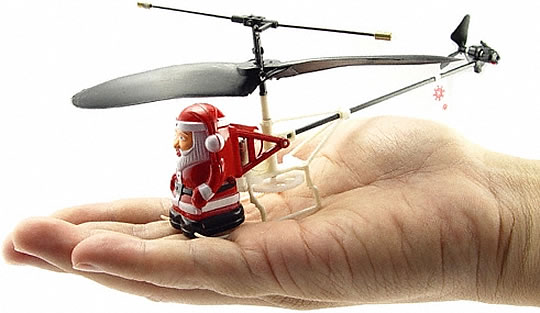
team moxiepup
-
Posts
478 -
Joined
-
Last visited
Posts posted by team moxiepup
-
-
My partner in life and geocaching, and I broke up a few years ago. I've been thinking of getting back into caching, but I am wondering if there is any way each of us could still keep our history, yet going forward, we would each have our own account and geocaching name?
I'm hoping this makes sense!
Thanks,
Moxiepup
-
I could get used to using another map source if they provided a scale for distance. On the announcement page the OpenStreetMap example shows a scale in the lower left hand corner, but none of the maps provided seem to show this very important feature. What kind of map doesn't provide a scale?
 It is very helpful when planning a cache hide to be able to look at a map and get an idea of what is available 500 feet from any established cache.
It is very helpful when planning a cache hide to be able to look at a map and get an idea of what is available 500 feet from any established cache. Please Groundspeak, whatever mapping option you decide to go with, please have the maps include a scale!
-
This is one of my favorites!

-
well done i tried to hide one underwater not so long ago but the dadgum thing kept floating away and getting loose from its tether!....nice cache might get a chance to do it some day....is the difficulty actually 5 or is that just to factor in the extra little bit of terrain?
Mostly because of the depth. Hold up your arm in front of you, with the palm facing outward. Now look at your pinky nail. The cache, an otter box, looks about that big from the surface and is only slightly lighter than the surrounding colors. It is tied to the roots of a submerged tree, but that isn't visible from the surface at all. The coords will get you withing 20 feet, but it is still a bit of a search. But that is all part of the fun!

-
We just hid an underwater cache this weekend.
 Hasn't been found yet. Who will be the FTF?
Hasn't been found yet. Who will be the FTF? -
We love to take pictures of out Geopup, Moxie, while out caching. Here are a few favorites!





-
If you were to hide them say, in the neck region, rain would collect. Butts tend to point downwards and are therefore more cache friendly. It all works out in the end!

-
Posting to add that the picture of the Red-winged Blackbird came from Animal Planet.

-
Congratulations to the winners!

-
Part A.
1. Humpback Whale
2. Green Sea Turtle
3. Atlantic Salmon
4. American Elk
5. Monarch Butterfly
6. Barn Swallow
7. Dugong
Part B.
Red-Winged Blackbird

The range of the Red-winged Blackbird stretches from southern Alaska to the Yucatan peninsula in the south, and from the western coast of California and Canada to the east coast of the continent. Red-winged Blackbirds in the northern reaches of the range are migratory, spending winters in the southern United States and Central America. Migration begins in September or October, but occasionally as early as August.
The Red-winged Blackbird inhabits open grassy areas. It generally prefers wetlands, and inhabits both freshwater and saltwater marshes, particularly if Typha (cattail) is present. It is also found in dry upland areas, where it inhabits meadows, prairies, and old fields
-
I have many favorite caches, but this is currently the top one!
-
Great idea for a cointest!

Part A.
1. Humpback Whale
2. Canadian Goose
3. Atlantic Salmon
4. American Elk
5. Monarch Butterfly
6. Barn Swallow
7. Dugong
Part B.
North Atlantic Right Whale, Eubalaena glacialis

Photograph by Brian Skerry National Geographic October 2008
According to a census of individual whales identified using photo-identification techniques, the latest available stock assessment data (December 2010) indicates that a minimum of 361 recognized individuals were known to be alive in 2005.[10] Up to four hundred North Atlantic right whales are thus thought to exist at present, almost all living in the western North Atlantic Ocean. In spring, summer and autumn, they feed in a range stretching from New York to Nova Scotia. Particularly popular feeding areas are the Bay of Fundy, the Gulf of Maine and Cape Cod Bay. In winter, they head south towards Georgia and Florida to give birth.
North Atlantic right whales feed, mate, and give birth in a heavily industrialized maritime corridor from eastern Canada to the southern United States. These marine giants were first commercially hunted by Basque whalers in the 11th century. By the early 20th century, European, Canadian, and American whalers had hunted the slow-moving species almost to extinction. A hunting ban on right whales went into effect in 1935 and continues today. With 1 to 2 percent growth, the current population of 350 to 400 individuals is barely holding steady, meaning that any increase in the mortality rate seriously threatens the future of the species. The good news is that saving only two reproducing females a year could put North Atlantic right whales on the path to recovery.
Right whales are hampered by a relatively low birthrate, and researchers think one cause may be ocean pollution. But the biggest threats to these whales are collisions with shipping vessels and entanglement in fishing gear. Studies have shown that lower vessel speeds significantly reduce the likelihood that a ship collision will result in a whale death and have proposed that speed limits be lowered in critical right whale habitat. A few success stories have been recorded, such as the rerouting of shipping lanes in Canada's Roseway Basin away from areas where right whales congregate and the deployment of autodetection buoys in the shipping lanes of Massachusetts Bay and Boston Harbor to listen for right whales and warn ships to avoid them.
-
14 please.

-
WOW!!!
Thank-you so much for choosing our Moxie!

This is the first cointest we have ever won so we are very excited and thankful. Moxie was a bit leery of getting into the ammo can, but she trusts us and held her pose beautifully. Wouldn't trade any swag in the world for her though! We are very sorry to hear of the passing of Max. The hardest part of owning a dog is when it is time to say goodbye. Knowing that you are able to give them a good life while they are here is the best any of us can hope for.
We also enjoyed looking at everyone's pictures. Thanks again for the very cool cointest!

-
-
-
-
-
-
-
-
-
-











Team breakup... Looking for way forward.
in How do I...?
Posted
Thanks for the help. It looks like I will have a new project to work on! If anyone knows of any easier way to log over 3,000 caches other than using cut and paste, (with a bit of tweaking to follow etiquette) please let me know!